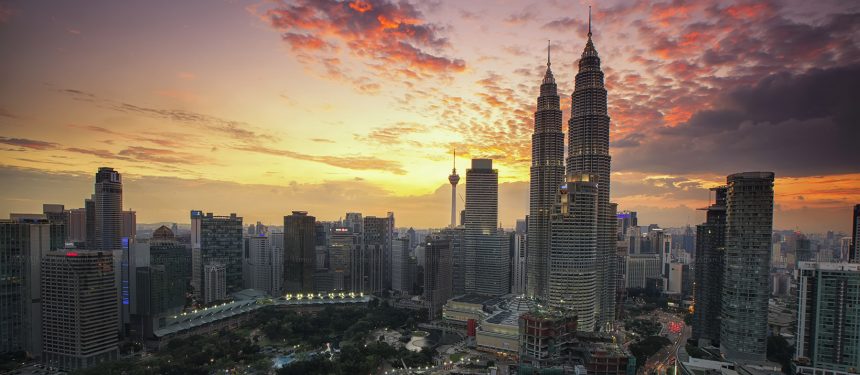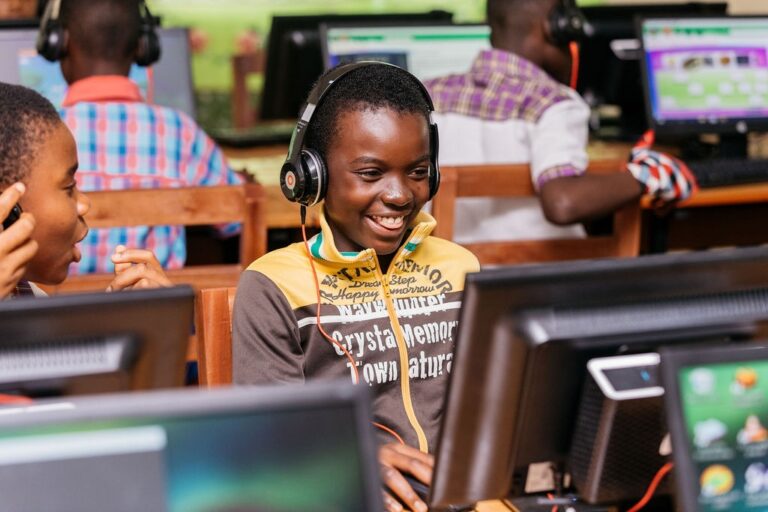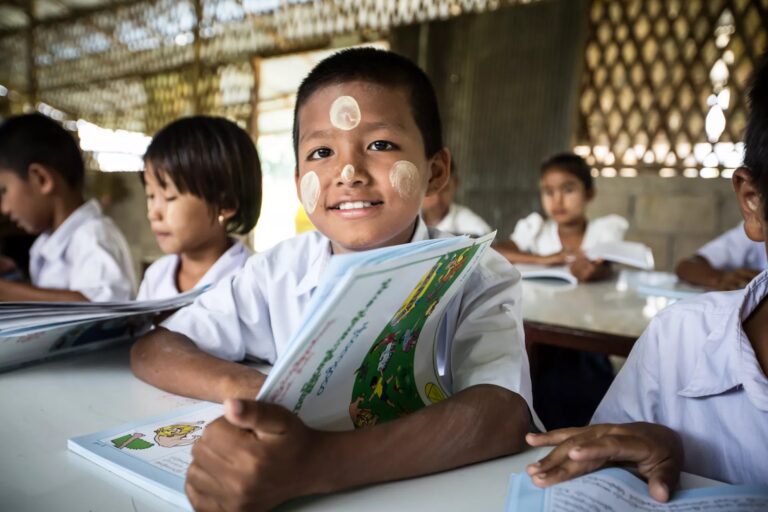Officials marked their intent to accommodate more students from countries affected by war and humanitarian crises into the Malaysian education system, at the recent International Education Scientific and Cultural Organisation conference in Putrajaya.
Pointing to the country’s plans to overhaul its education system, higher education minister Idris Jusoh said Malaysia was in a unique position to help these students, both onshore and online.
“We do education differently in Malaysia as our integrated cumulative grade point average will ensure universities produce balanced and holistic graduates,” Jusoh told reporters at the event.
“With our ranking and achievement, we can certainly play a role to provide inclusive education for the less fortunate students from these countries such as Yemen, Palestine, Syria, Lebanon and the Rohingya.”
Organised by not-for-profit IESCO, the conference focused on opening up educational, cultural and scientific links with the Arab and Muslim world, a region that Malaysia, itself a predominantly Muslim country, has historically had strong ties.
The decision to accommodate more refugees within education also sees the country reversing its position in 2015, during which the government said it was busy remedying problems caused by refugee populations.
“With our ranking and achievement, we can certainly play a role to provide inclusive education for the less fortunate students from these countries”
“On humanitarian grounds, we let [refugees] run businesses in [night markets], but they are giving problems to locals and we now cannot handle this type of people as our local businesses are also feeling threatened by them,” cabinet minister Shahidan Kassim said at the time.
Kassim argued that many refugees had become economic migrants, renewing Malaysia’s intent not to sign the UN Convention Relating to the Status of Refugees 1951 – a position that remains today.
Jusoh’s comments come in the lead up to Malaysia’s general election in the coming months.



![[Preliminary Report] CRNA Collaborative Research for Exploring Factors Nurturing"Happy and Resilient" Children among Asian Countries](https://equity-ed.net/wp-content/uploads/2024/09/1725672182698.jpg)


